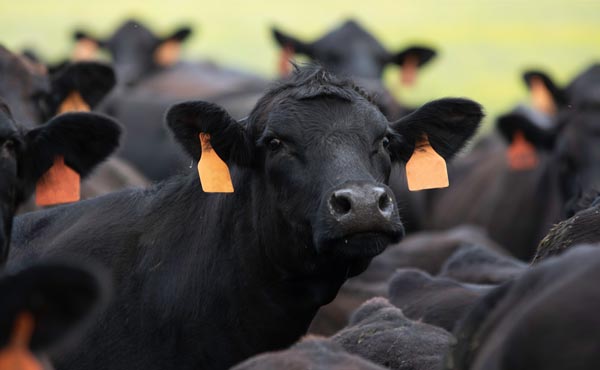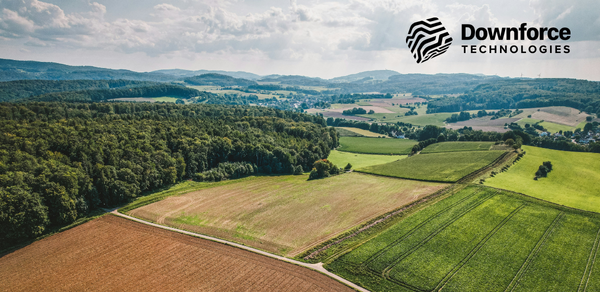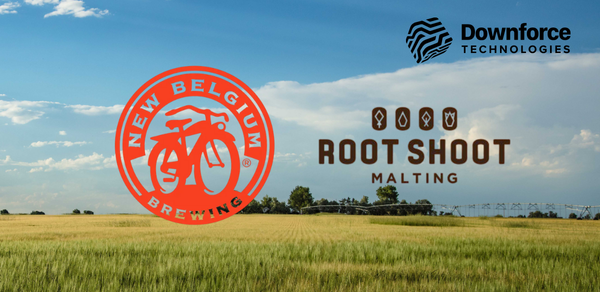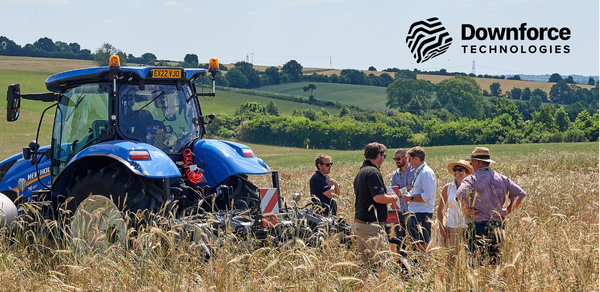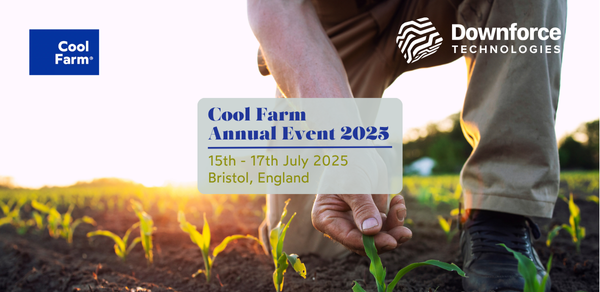Former UN chief scientist says cattle are “instrumental” to managing climate
Jun-23-2023
A FORMER United Nations chief scientist says the global movement to limit human-induced climate change will provide an opportunity for livestock producers – with the potential increase yields and capitalise on environmental markets.
Professor Jacqueline McGlade is now a cattle producer in Kenya and the co-founder of a company called Downforce Technologies, which uses a mixture of ground-sourced publicly-available data and satellite technology to measure the “natural capital” assets on properties.
She said the Australian cattle industry was a big part of answer to managing the environment.
“If cattle were not on the ground a lot of land in Australia would deteriorate, you would have invasive pests coming in and you would not have a natural source of manure,” Prof McGlade said.
“As the chief scientist I used to think about where you could have the most impact and the Australian beef industry is unique in that sense because it so big and so intensively looked after.” Jacqueline McGlade
Prof McGlade said with the Australian industry being on such large tracts of land, a small improvement in land condition would make a huge difference.
“If you can change the amount of carbon that goes into the soil, you will change the landscape and keep feeding a lot of people – just doing it in a way that is not detrimental to the environment,” she said.
“Having healthy cows on healthy pasture is key to the whole concept and will maintain a completely different landscape to what you would see without them.
“I see cattle as being instrumental to the change we need for the climate. Even in the more intensive parts of the industry, I think when it is done well cattle are a vital part of the landscape.”
In her home country of Kenya, Prof McGlade said there had been international pressure to remove livestock from certain areas – which had not worked very well.
“It turns out that over thousands of years cattle, people and wildlife have all lived together and that has created these massive savannas – with the wildebeests and the buffalo,” she said.
“That is where we are in Australia, I think we need to reoccupy these large tracts of land in a different way, but livestock is big part of that.”
What is natural capital?
Prof McGlade’s latest venture is hoping to help manage those risks using satellite technology to measure all the “natural capital” assets on a property and working out how they can be managed. She describes natural capital as a registry for how all the different aspects of a piece of land, including the biodiversity, water and soil interact with livestock and crops.
Prof McGlade said navigating the world of natural capital was becoming increasingly important for producers, with companies further down the supply chain needing to back up environmental claims and targets.
“Then we can look at changes over time, for example we can go back six years to see how things have changed. Whether it is the soils, cropping, pasture, vegetation, we can pick up on all those signals and understand how that land behaves,” she said
“With our technology, we are able to keep track of all the natural capital aspects with high resolution imagery every 10 days looking at land in increments of 10m2. We can do on land holding of all sizes – from thousands to millions of hectares.”
Source: Beef Central
https://www.beefcentral.com/news/former-un-chief-scientist-says-cattle-are-instrumental-to-managing-climate/

